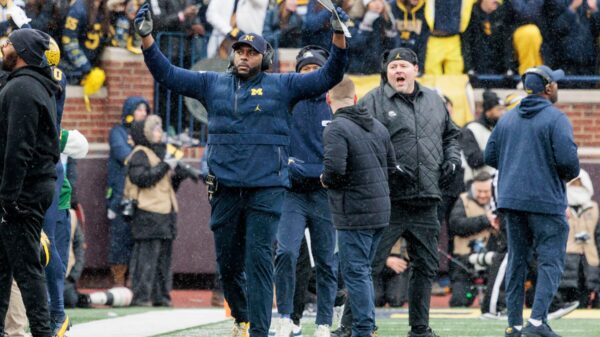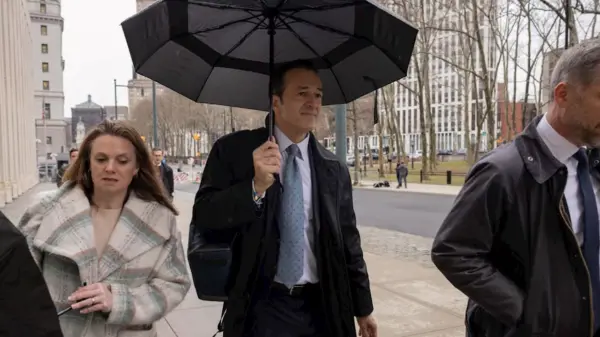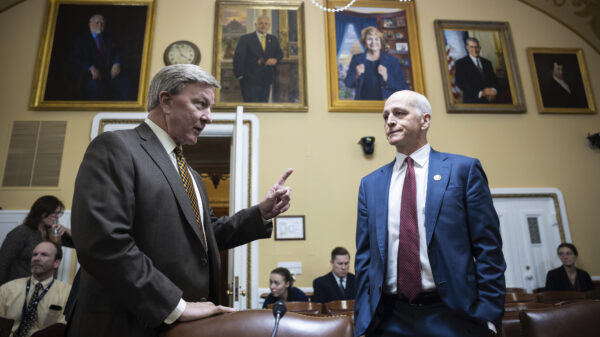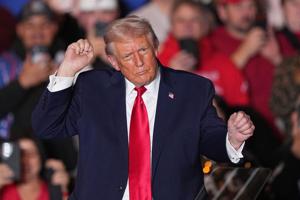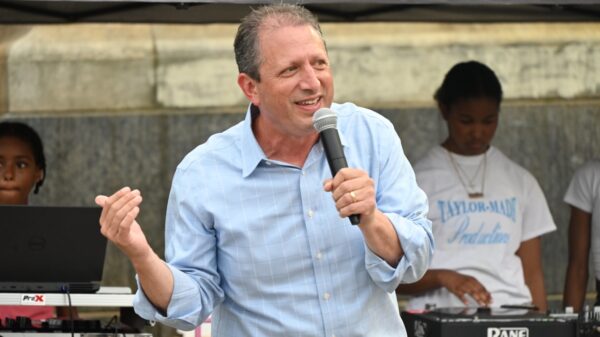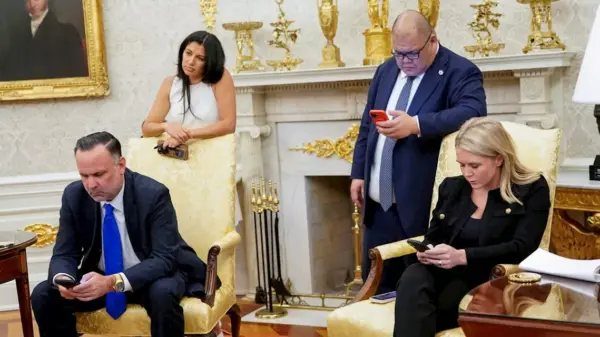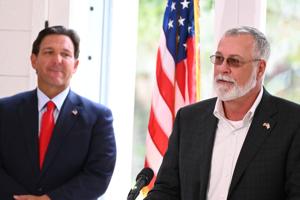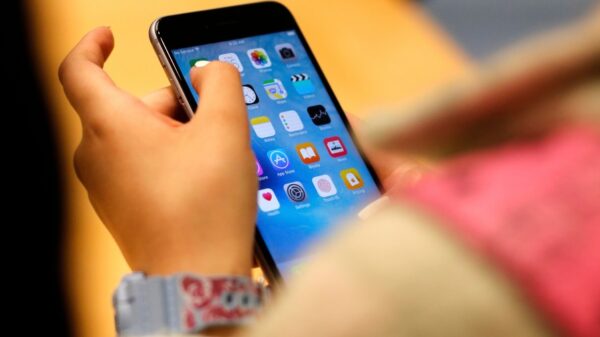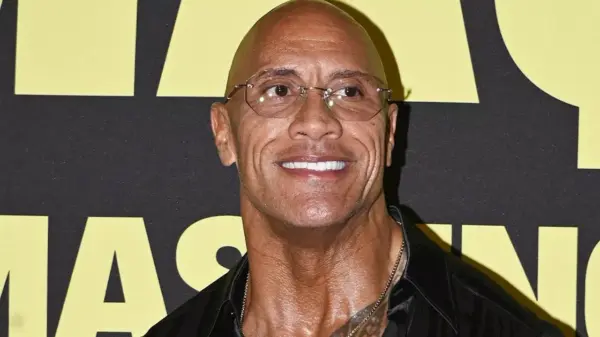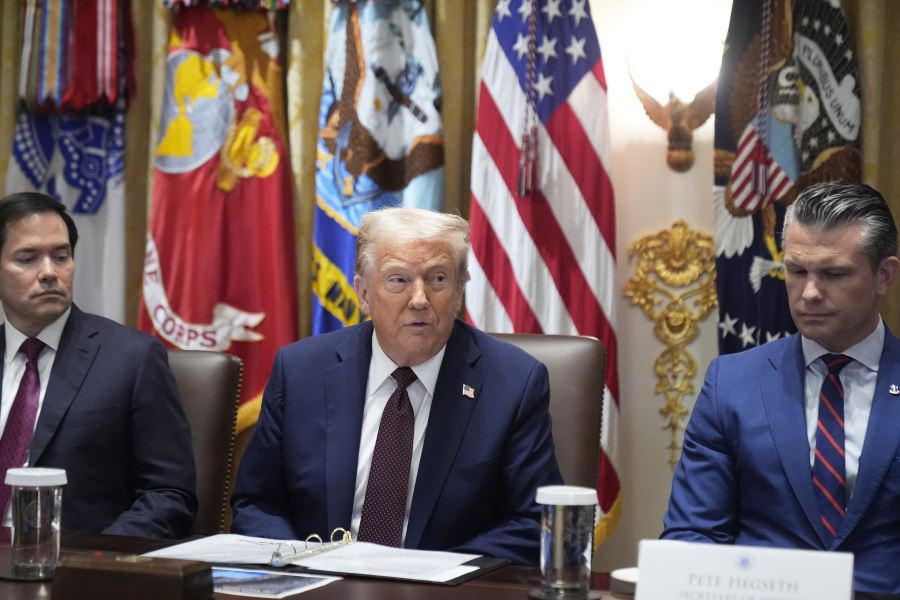UPDATE: Former President Donald Trump is making headlines today as he aggressively promotes U.S. investments amidst growing pushback over the controversial Intel deal. Just announced, Trump claims that these investments could drive the U.S. economy to surpass $1 trillion in growth, a critical figure for economic recovery.
As the political landscape heats up, Trump is rallying support in Washington D.C., emphasizing the urgency of sustaining American manufacturing and technology sectors. The former president’s remarks come in light of increasing scrutiny from both the Senate and the House of Representatives, raising concerns about the implications of the Intel agreement on national security and job creation.
This development is crucial for investors and citizens alike, as it highlights the ongoing debate over foreign investments in U.S. technology companies. Trump’s push for U.S. investments aims to reassure voters about the economic direction of the country, especially as elections approach.
In his speech earlier today, Trump stated,
“We must invest in our own future, not rely on foreign powers. This Intel deal is a wake-up call for American innovation.”
His comments underscore a growing sentiment among constituents demanding more robust protections for American industries.
The Intel deal has sparked intense discussions on Capitol Hill, with lawmakers divided on the potential benefits versus risks. As this situation unfolds, the implications for the U.S. economy and national security are becoming increasingly apparent.
What happens next? Trump’s advocacy for U.S. investments is likely to shape upcoming legislative sessions, with key votes expected in the next few weeks. Analysts will be watching closely to see how lawmakers respond to the mounting pressure from constituents and the former president’s camp.
Stay tuned as we continue to monitor this developing story and its potential impact on the economic landscape. The urgency of this issue cannot be overstated—the decisions made in the coming days could have lasting repercussions for American jobs and innovation.

